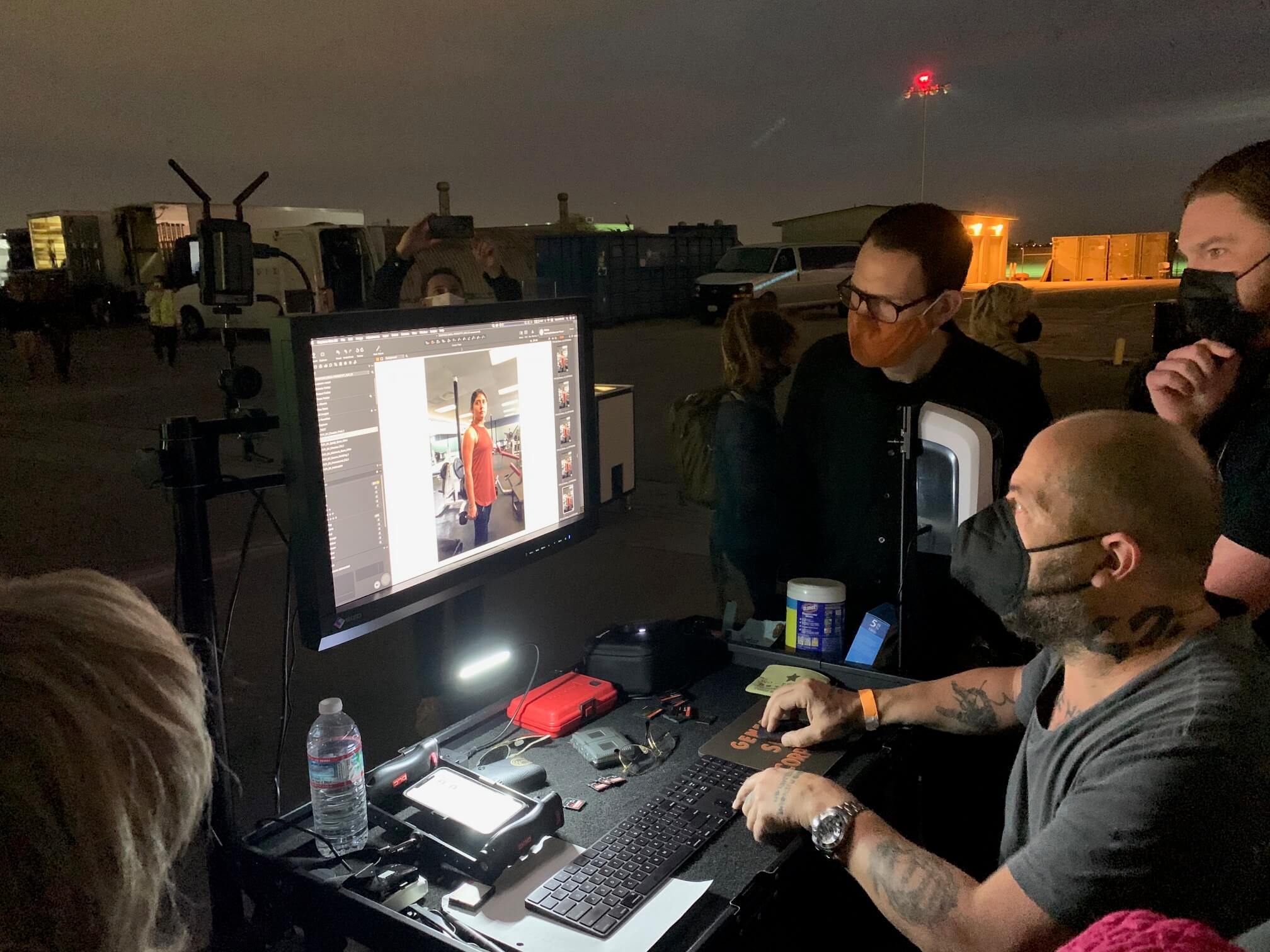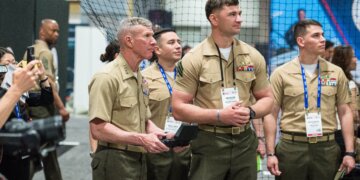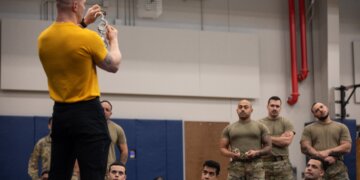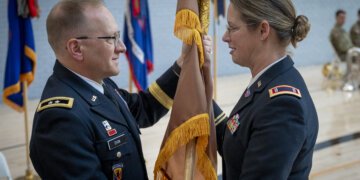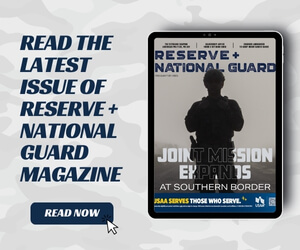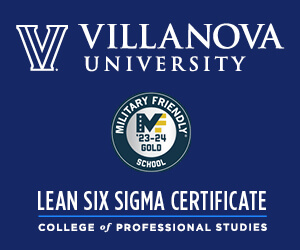It is one powerful minute.
The ad begins with a slow build as images of young people, whose options are limited because of the COVID-19 pandemic, few job prospects and skyrocketing tuition, are projected on the screen.
“Who do you think is going to fix all this?’’ the narrator asks.
In a recruiting campaign called “The Next Greatest Generation is Now,’’ which launched last week, the Army National Guard is trying to reach Generation Z.
Gen Z, generally defined as people born between 1997 and the early to mid-2010s, comprises about 20% of the 331 million Americans.
“Ultimately, the ARNG hopes to connect with young people who are interested in making a difference for their communities and our nation, but haven’t considered part-time ARNG service as a means to accomplishing their own life goals and staying true to their other interests,’’ spokeswoman Cheryle Rivas said in an email.
Kathryn Bigelow produces and directs the spots. Bigelow, 69, won the 2010 Academy Award for best director for “The Hurt Locker,’’ a film about the Iraq War starring Jeremy Renner. She was selected after submitting a bid to the Army’s advertising agency.
Three ads were produced in varying formats and will appear on national and local outlets, Rivas said. Ads will be produced in different lengths; one minute is the longest, six seconds the shortest.
Some of the ads can be viewed on YouTube.
“The campaign will employ a mix of youth-targeting advertising media to reach Gen Z prospects across their preferred platforms and areas of interest, including esports and college sports,’’ Rivas said.
The ads began appearing on Monday, Jan. 26, on several online video channels, including CBS, ESPN and Fox Sports, and Hulu. Digital media is slated for Bleacher Report, Twitch, CNN and Gamespot, among others, with a social media push slated for Facebook, Twitter, Snapchat, Instagram and Reddit.
The campaign will appear during regular-season college basketball games and through March Madness. In hoops terminology, the Army National Guard is planning a full-court press to entice new recruits from Gen Z.
“The ads include actual Army National Guard soldiers who are currently serving and are the same age demographics of Gen Z,’’ Rivas said. “Activities depicted in the ads range from the soldiers’ civilian pursuits to their military occupations and scenarios related to the Army National Guard’s federal and domestic missions.’’
More than 100 pieces of contents have been created, Rivas said. The Army National Guard expects them to be in use for up to two years, she said.
It’s an ambitious program — and not a subtle one.
As the action picks up in the one-minute ad, Guard members are shown in rapid-fire sequences as the narrator discusses the opportunities potentially awaiting Gen Zers.
He mentions building bridges and hospitals, saving families from disaster and assisting others in need.
“We’re going to do all this and more, because we have an appointment with destiny,’’ the narrator said. “We invite you to join us.’’
Early returns are that this recruiting mission is having an impact.
After viewing the ad online, one commenter said he was 19 and was motivated to “help my fellow citizens.’’ He said he plans to join the Guard.
That’s exactly what the Army National Guard wants to hear.
“‘The Next Greatest Generation Is Now’ campaign lets Gen Z know that the ARNG understands that they are the future of our organization and is confident that Gen Z’s energy, creativity and determination will solve the complicated problems facing our nation and its communities,’’ Rivas said.
Read comments


